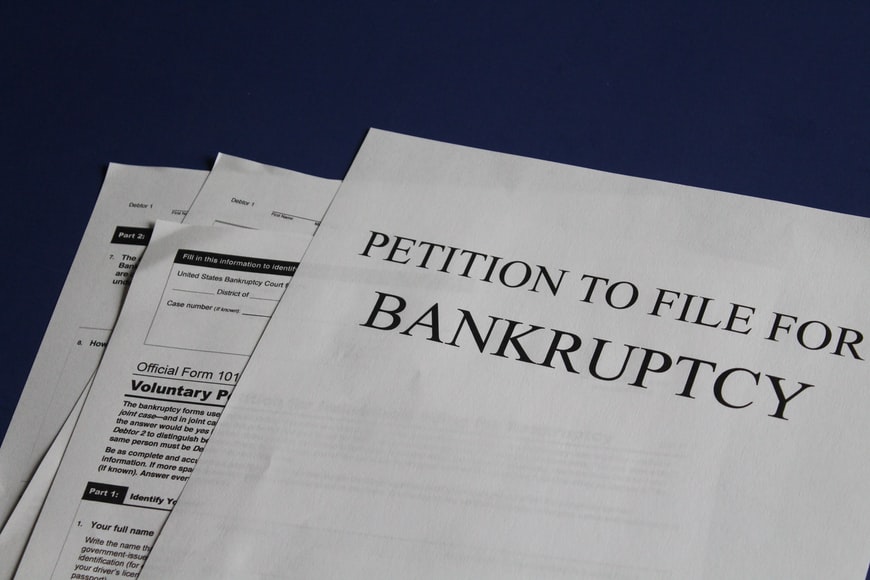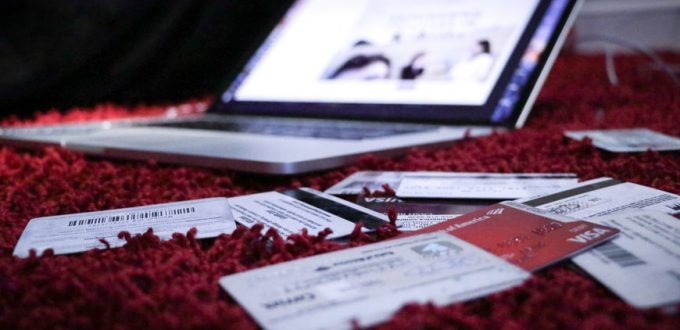This blog post will outline some of the key factors that contribute to bankruptcy in Thailand, and provide some advice on how to avoid it if possible.
Bankruptcy is a legal status of a person or organisation who cannot repay the debts they owe to creditors. When an individual or company declares bankruptcy, they are protected from creditors who may try to collect what is owed. Bankruptcy laws vary by country, and it’s important to understand the specifics of how bankruptcy works in Thailand before making any decisions.
Bankruptcy in Thailand is handled by the courts, just as it is in most countries. An individual or organisation that is unable to repay their debts can choose to declare bankruptcy in Thailand, which protects them while they reorganise their finances and either repay or restructure debts. A company may be liquidated (forced to close down) if there isn’t enough money left after paying creditors. Liquidations are normally court-ordered, but if the company has no assets or enough money to pay creditors, then they may choose to liquidate voluntarily.
A person can declare bankruptcy in Thailand if their liabilities are greater than their assets. An individual cannot declare bankruptcy for purely financial reasons, such as wanting to avoid repaying a personal debt – it must be an inability to repay debts. Declaration of bankruptcy in Thailand will initiate an investigation into whether or not there are any assets available to repay creditors, and if so how much each creditor is owed. If the debtor has no assets but still has income, then the court may order them to pay a percentage of their monthly income towards repaying their debts until they are repaid in full.
Two Main Types Of Bankruptcy
There are two types of bankruptcy in Thailand: the first is called an individual bankruptcy, which applies to individuals, sole proprietorships or partnerships that have no more than 20 employees. The other type is a company bankruptcy, which applies to any organisation with over 20 employees.
Most Popular Reasons People Go Bankrupt
One of the most common reasons people file for bankruptcy is because they have lost their job, and have been unable to find another one. Another popular reason leading to bankruptcy is gambling. Many people who have lost all their assets due to gambling may consider filing for bankruptcy – but this will only get them out of paying their debts temporarily. Poor money management skills or mismanagement of funds also lead to bankruptcy.
How To Avoid Bankruptcy
If you find yourself unable to repay your debts, try to negotiate with creditors instead of immediately filing for bankruptcy. This may be possible if you still have some assets available that can be sold and used to pay off outstanding loans or bills. You should never just choose to ignore your debt – the longer you wait before repaying overdue loans, the more interest you will have to pay. If you have assets that can be sold, try to sell them as quickly as possible to avoid further interest charges. Don’t put off making repayments if you are able – it will only make your situation worse in the end.
Why You Must Avoid Filing For Bankruptcy, If Possible
If possible, try to avoid bankruptcy. Make sure you think about all its consequences before filing for it. Here are some reasons:
– Filing for bankruptcy will show up on your credit report
– Filing for bankruptcy means you cannot get a loan for a number of years
– Most of your assets will be sold to repay creditors
– Your professional licence may be revoked if you are a business owner or an accountant
– Your business is at risk of being taken over by the court and liquidated
How Do You File For Bankruptcy & What Is The Process Like

A creditor or a bankruptcy trustee must file a petition for your bankruptcy. The court will then issue a summons for you to attend the hearing. For foreigners, you will need the guidance of a top-notch English speaking law firm Bangkok has to offer.
The court will investigate your assets and liabilities, and determine whether you are able to repay debts. In very rare cases the court may set aside the bankruptcy order if it thinks that there is a chance that you will be able to repay debts in the future.
If you voluntarily file for bankruptcy in Thailand, then you are allowed to keep certain assets. The court will appoint a bankruptcy trustee who will look over your financial situation. If any of your assets can be sold, then this money will be used to repay creditors. If you file for bankruptcy in Thailand, an investigation into your financial records is carried out by the court. If you have any assets which can be sold, these will be sold to repay your creditors.
It may not be possible for you to keep certain assets if you file for bankruptcy. You are allowed to keep money or property that is absolutely necessary for your daily life and basic needs, known as “exempt” assets. The rest of your assets will be sold, and the money used to repay your creditors.
If you file for bankruptcy in Thailand, you will lose all control over certain aspects of your life. The court will appoint a trustee who will take over some of your responsibilities. The bankruptcy trustee acts as an intermediary between the court and the debtor. This person is usually an experienced lawyer who knows about managing companies and has experience with bankruptcy proceedings.
An investigation into a debtor’s financial records is carried out by the court. The trustee will be in charge of selling your assets so they can be used to repay creditors. They will also check up on you regularly, and may want you to sell some of your “exempt” assets for them so they can repay more debt.

